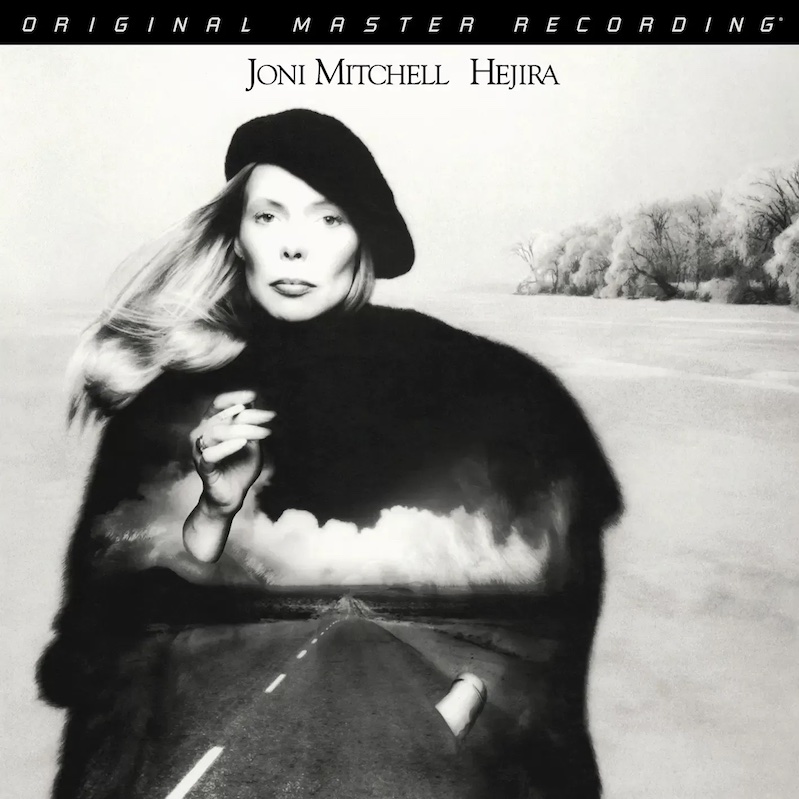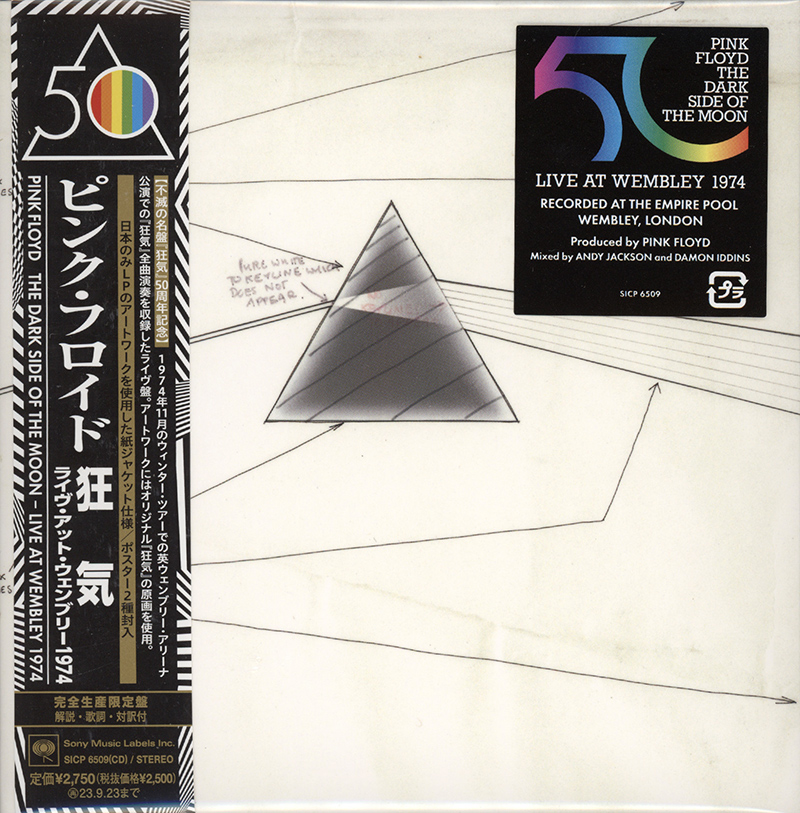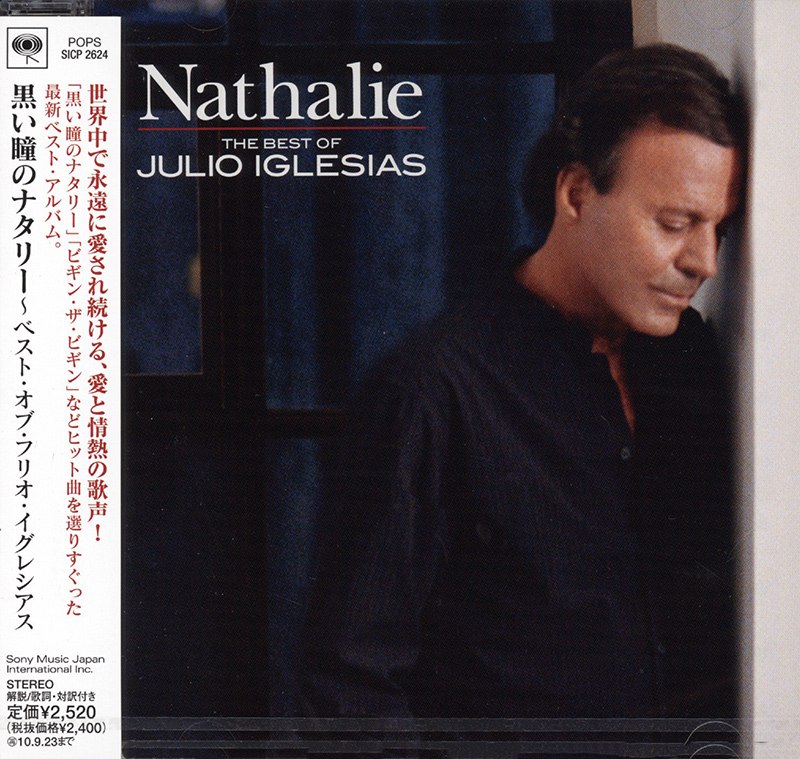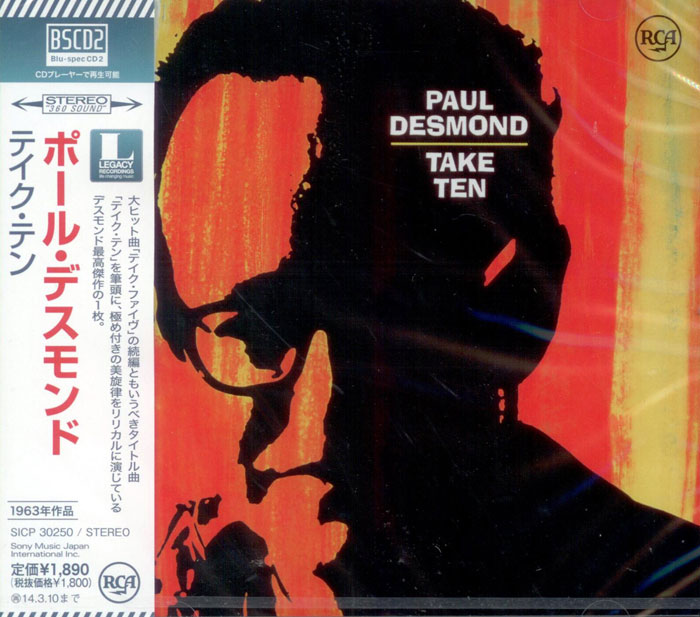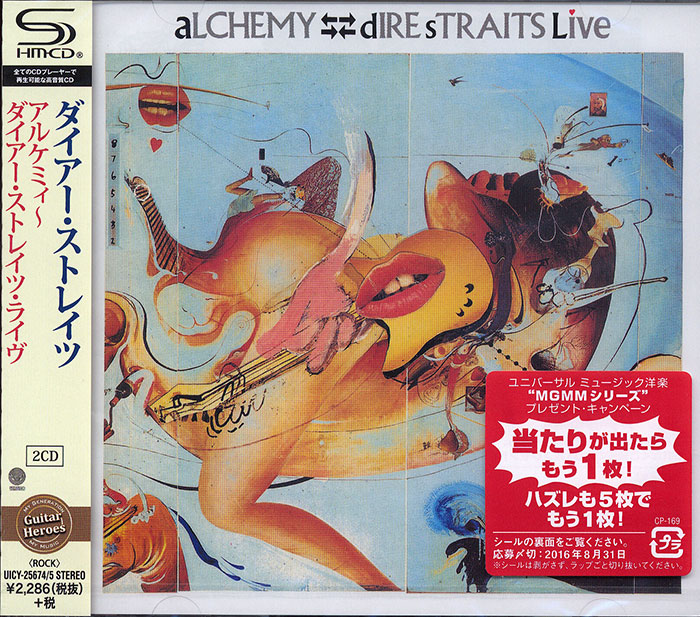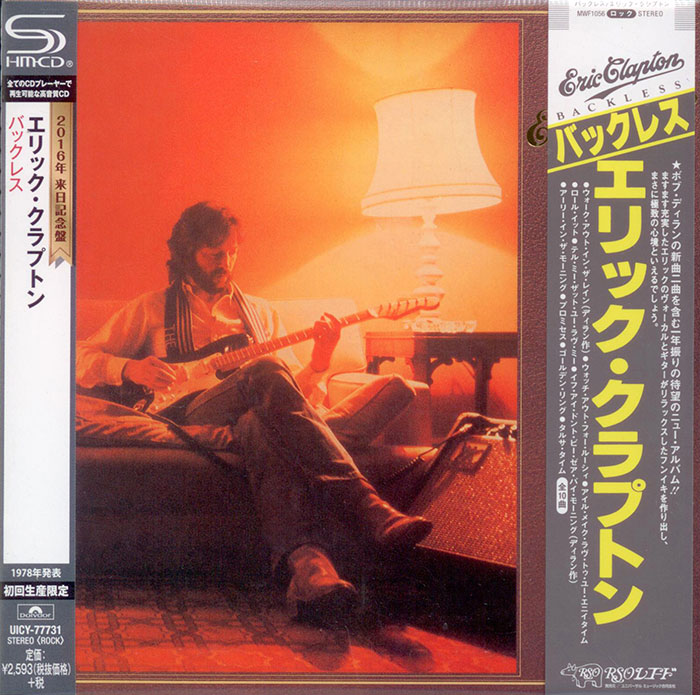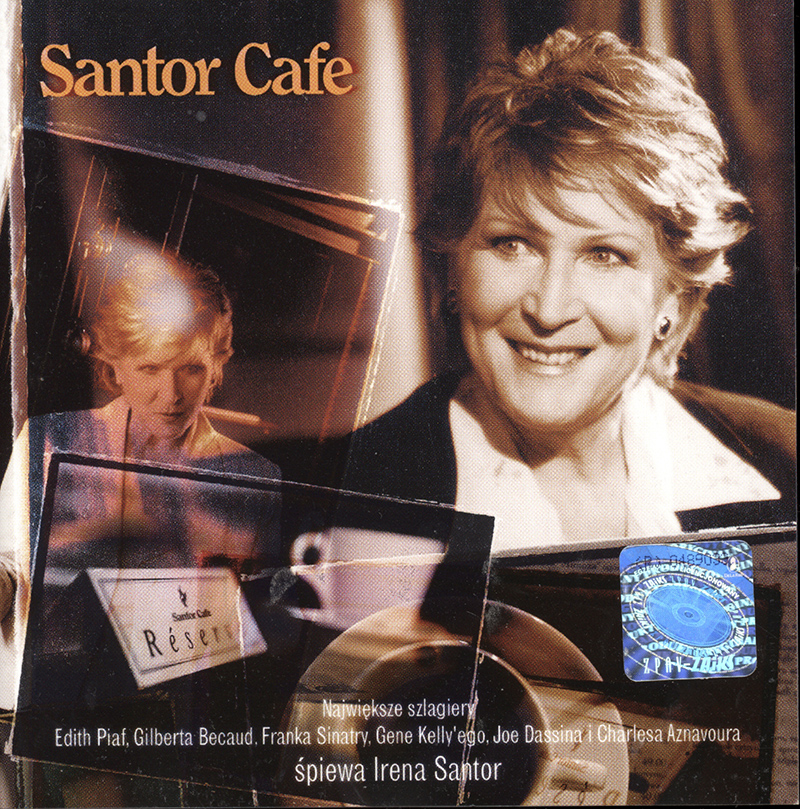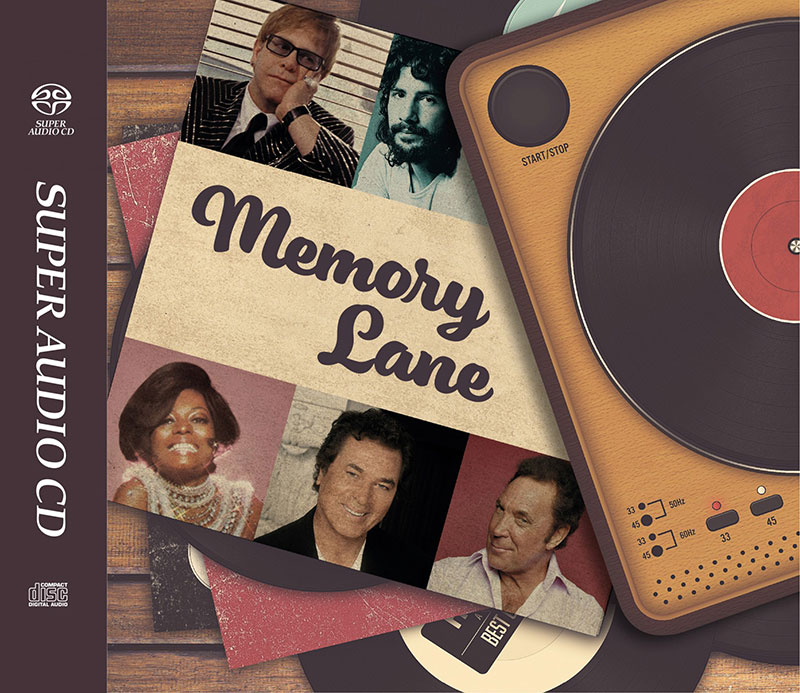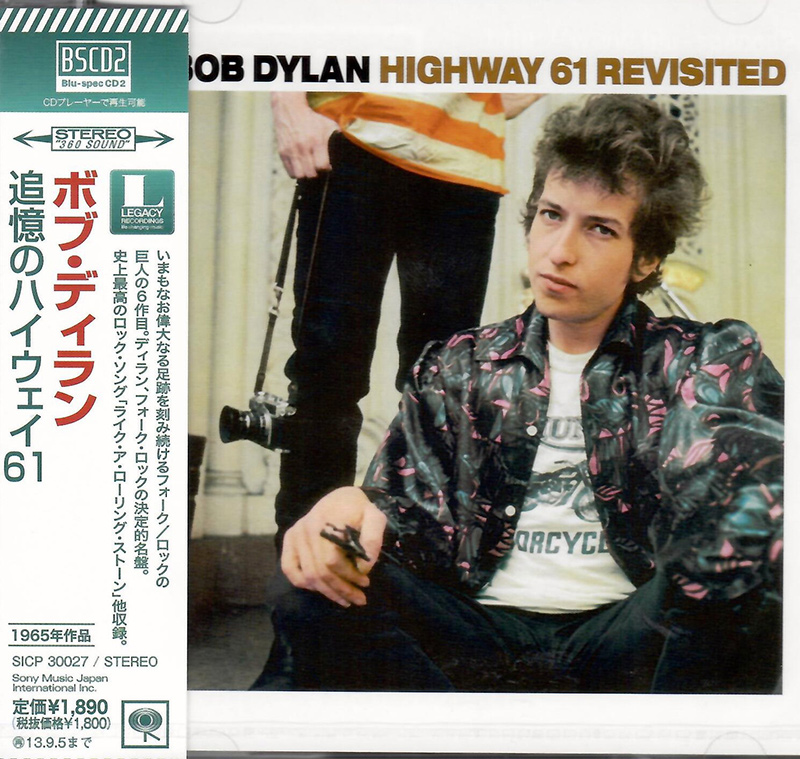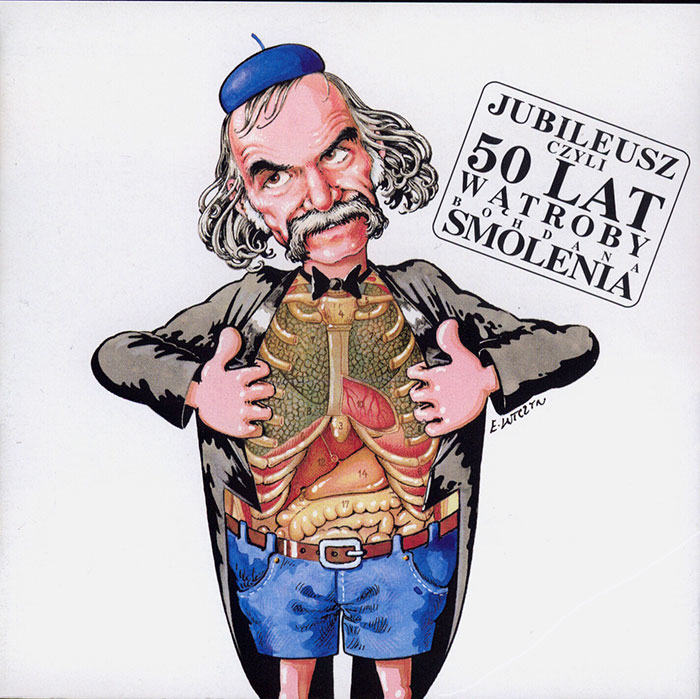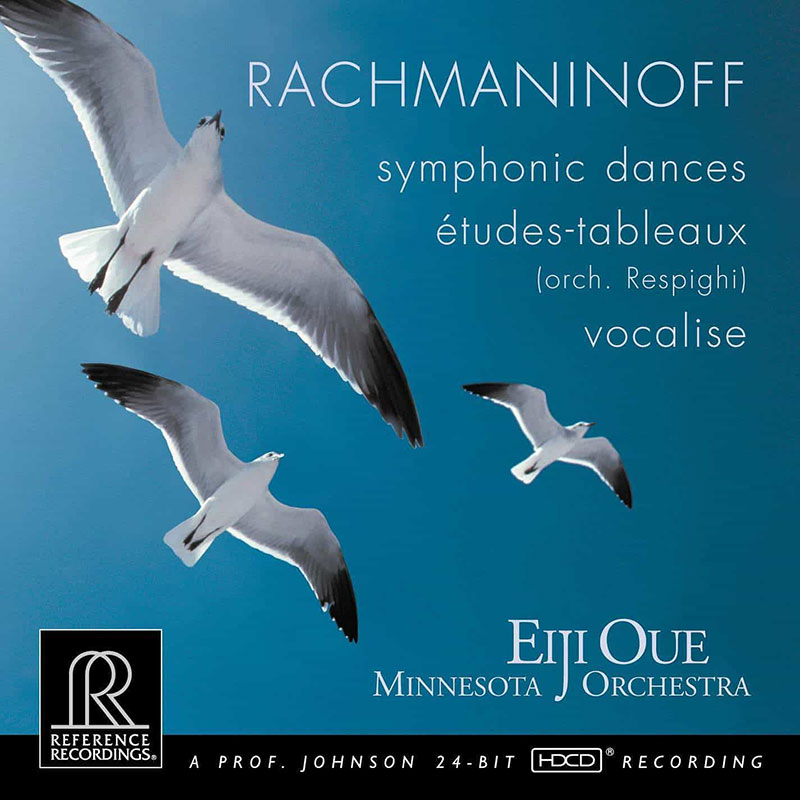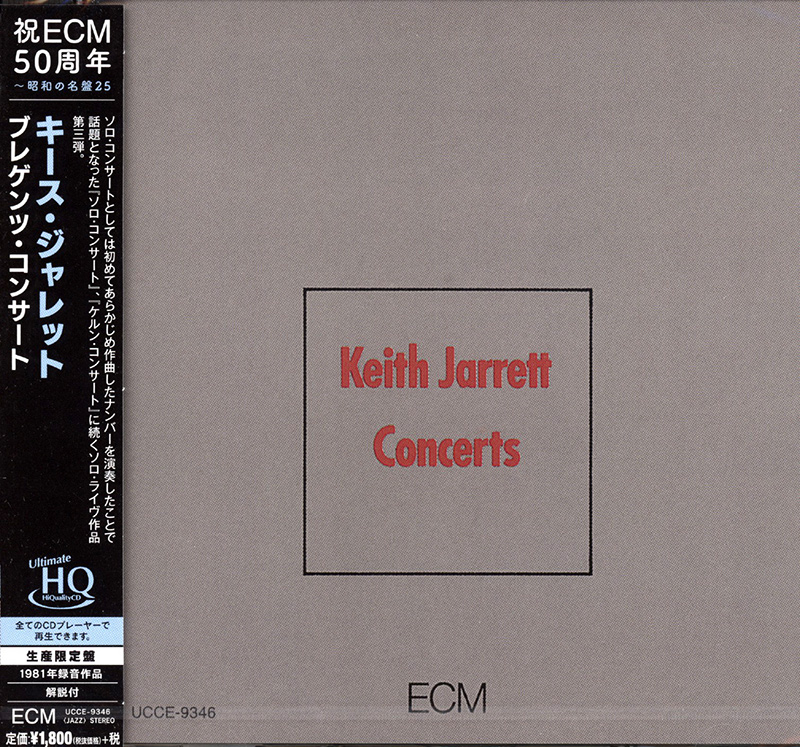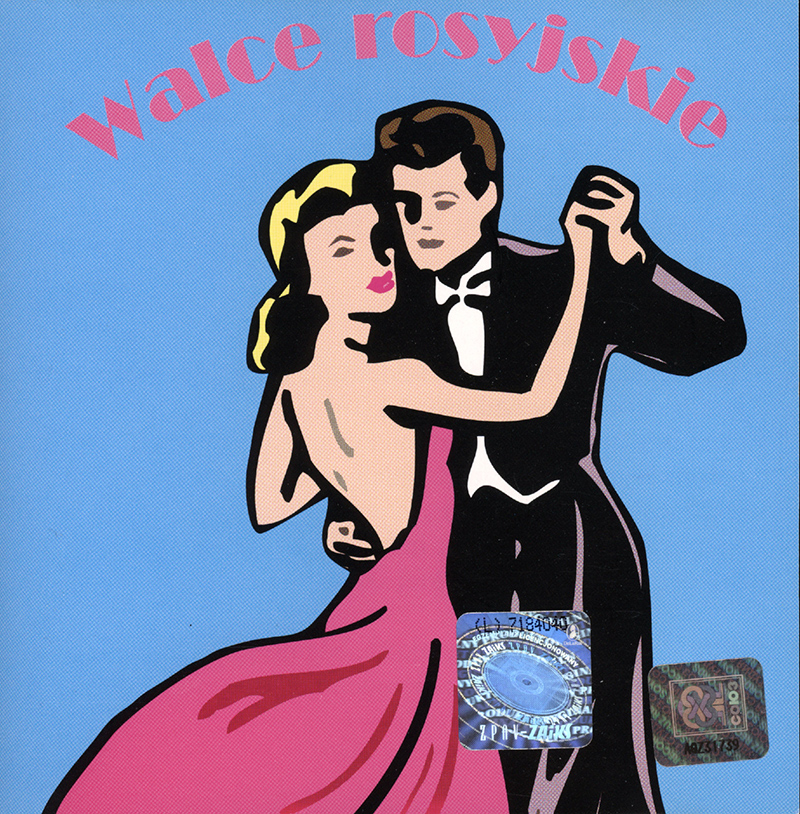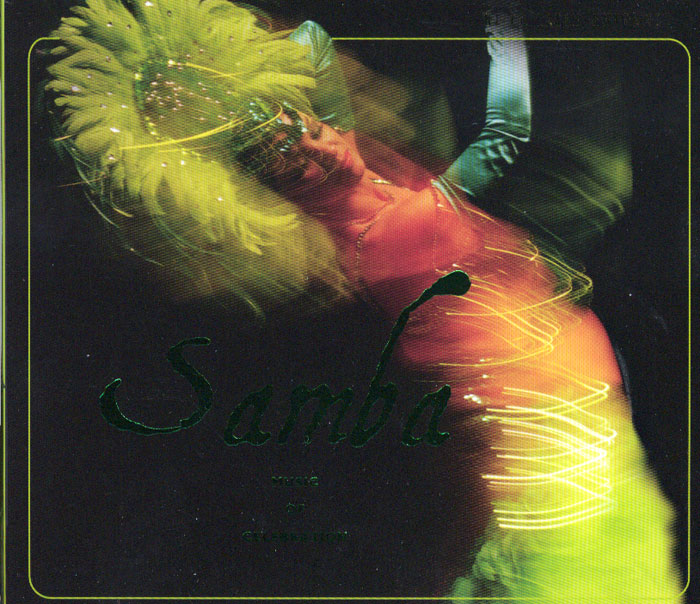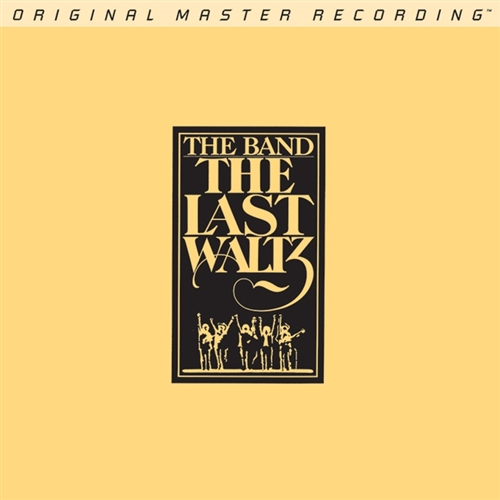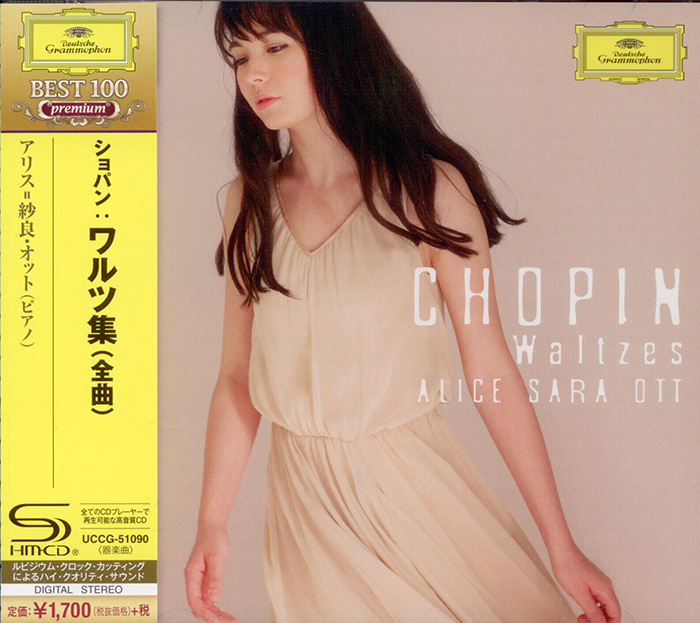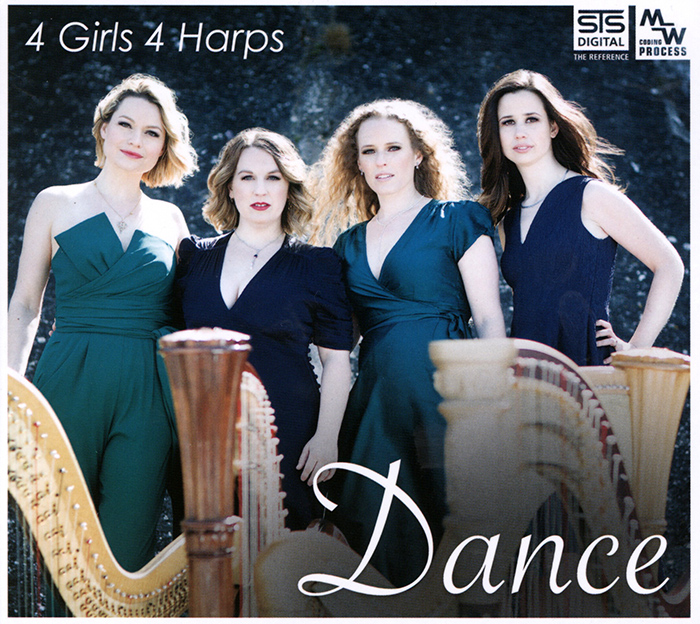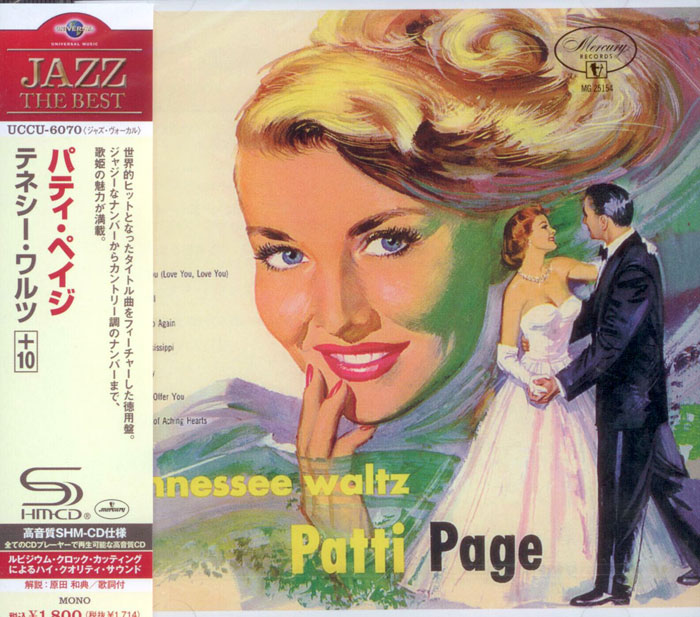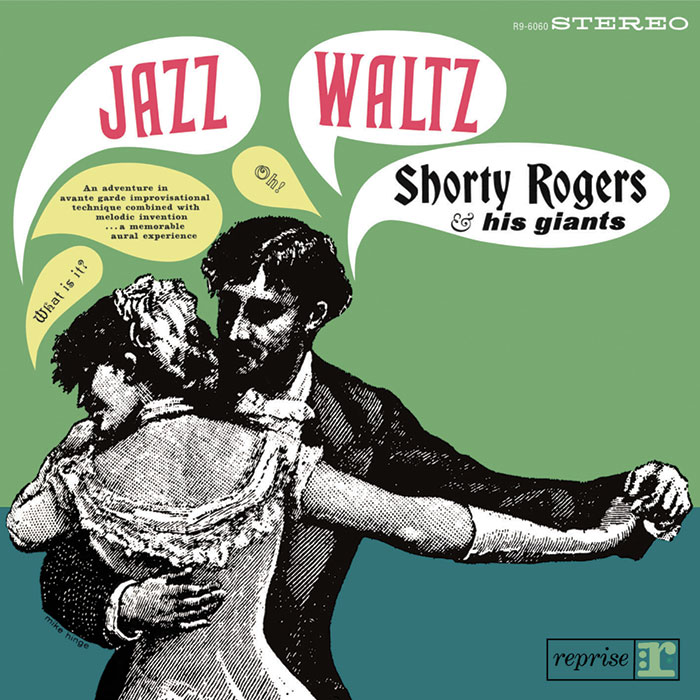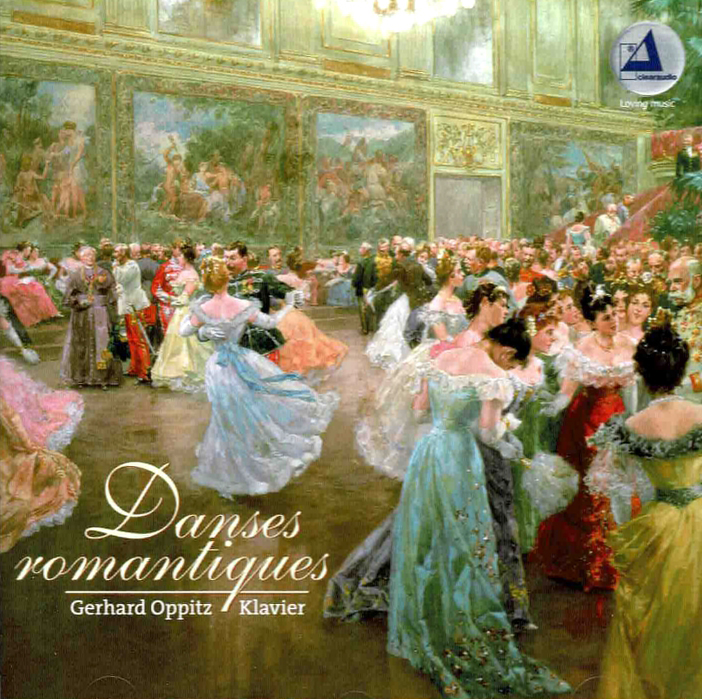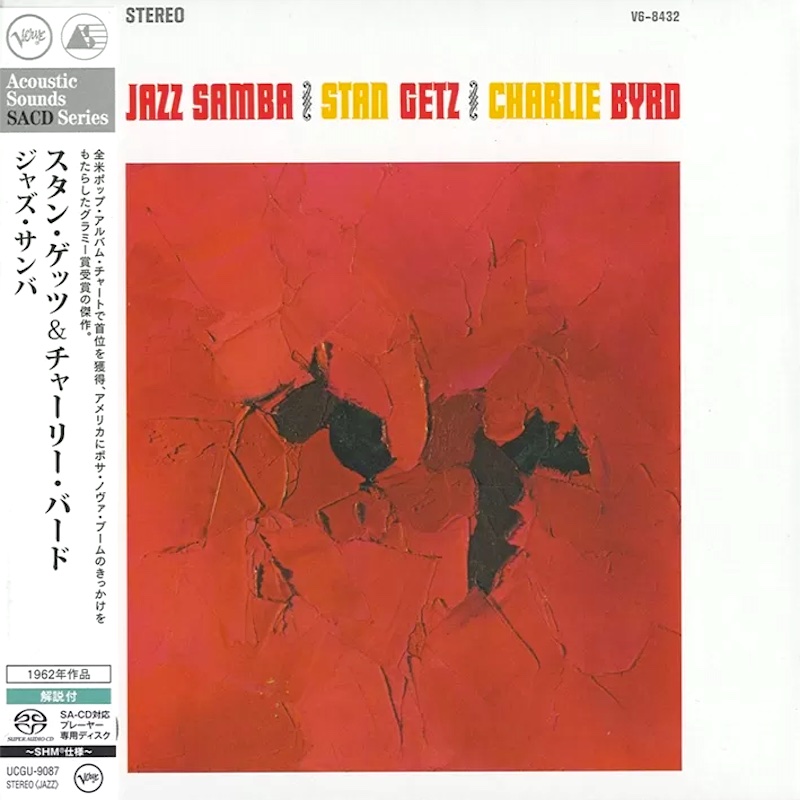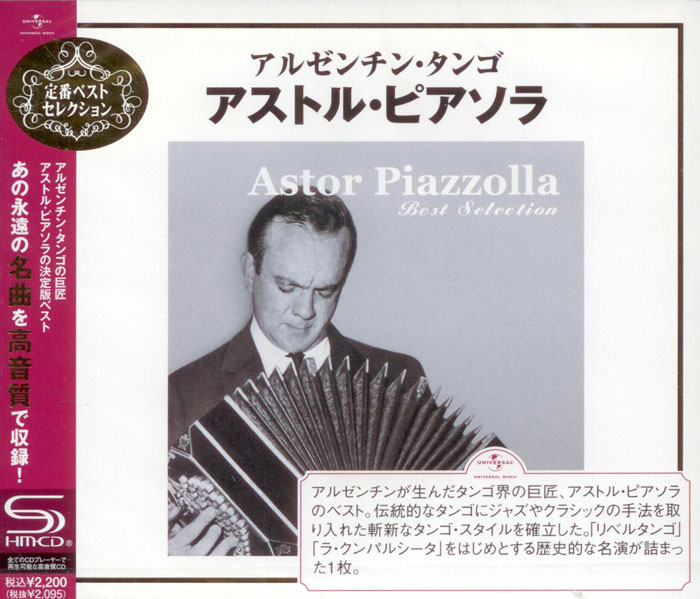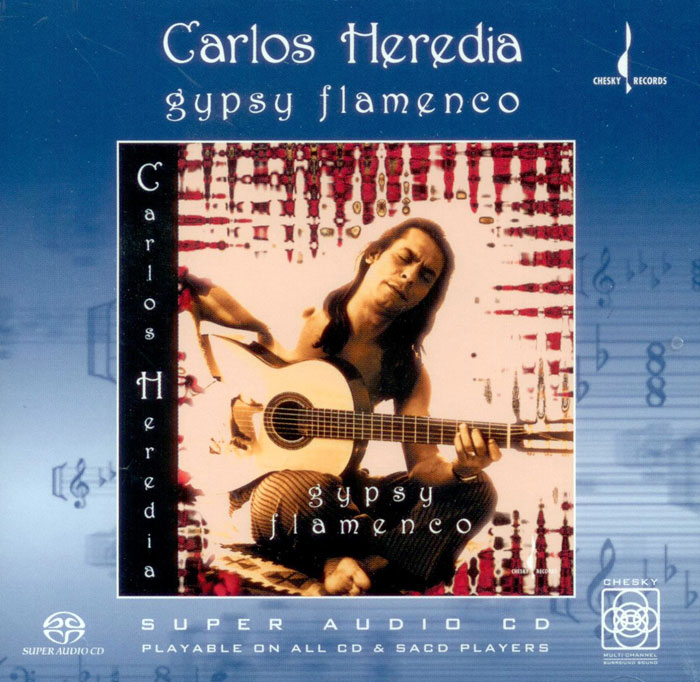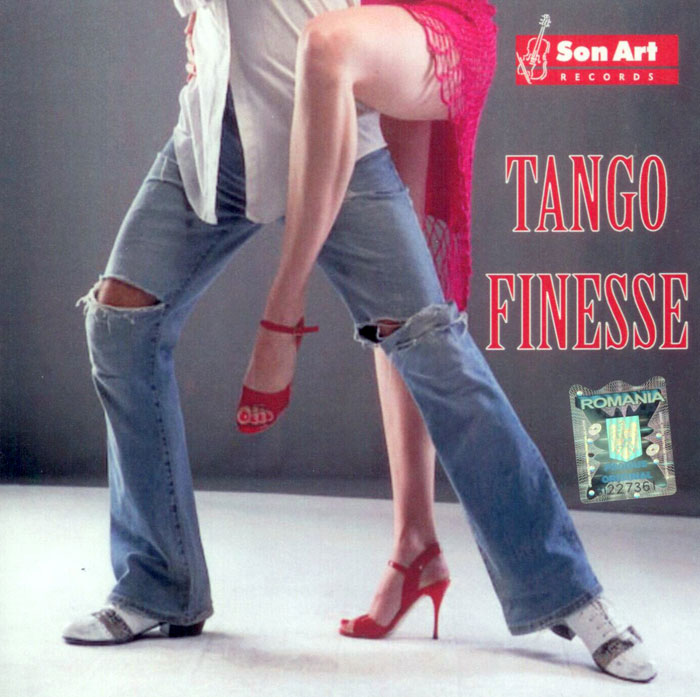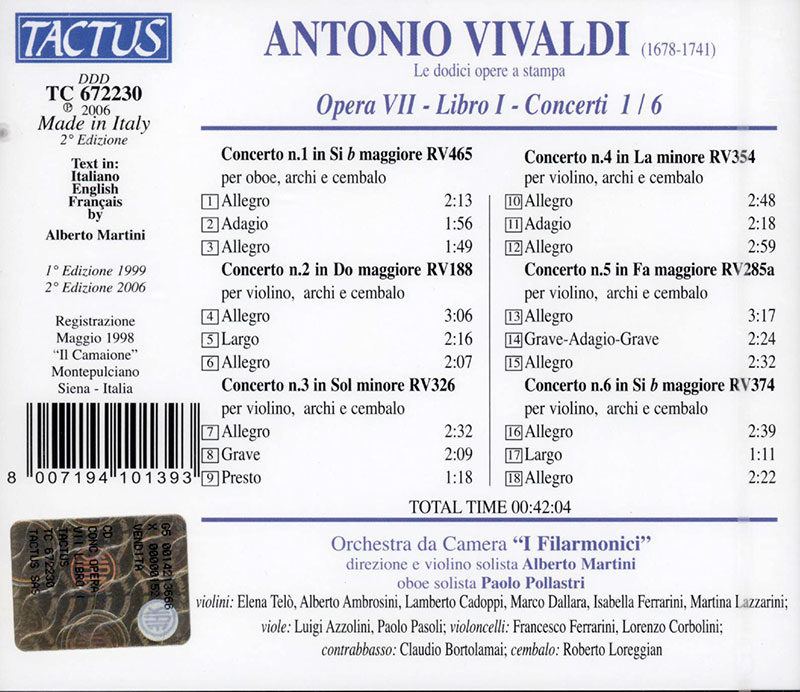Logowanie
Mikołaj - ten to ma gest!
Elton John, The Mamas & The Papas, Cat Stevens, Rod Stewart, Bobbie Gentry, Stevie Wonder, Engelbert Humperdinck
Memory Lane
Edycja Numerowana - 1000 egzemplarzy w skali światowej
RACHMANINOV, Eiji Oue, Minnesota Orchestra
Symphonic Dances / Vocalise
Best Recordings of 2001!!! NAJCZĘŚCIEJ KUPOWANA PŁYTA Z RR!
Karnawał czas zacząć!
Music of Love - Hi-Fi Latin Rhythms
Samba : Music of Celebration
AUDIOPHILE 24BIT RECORDING AND MASTERING
CHOPIN, LISZT, DEBUSSY, DVORAK, Gerhard Oppitz
Dances romantiques - A fantastic Notturno
Wzorcowa jakość audiofilska z Clearaudio
Winylowy niezbędnik
ClearAudio
Double Matrix Professional - Sonic
najbardziej inteligentna i skuteczna pralka do płyt winylowych wszelkiego typu - całkowicie automatyczna
VIVALDI, Alberto Martini, I Filarmonici
Opera VII - Libro I - Concerti 1/6
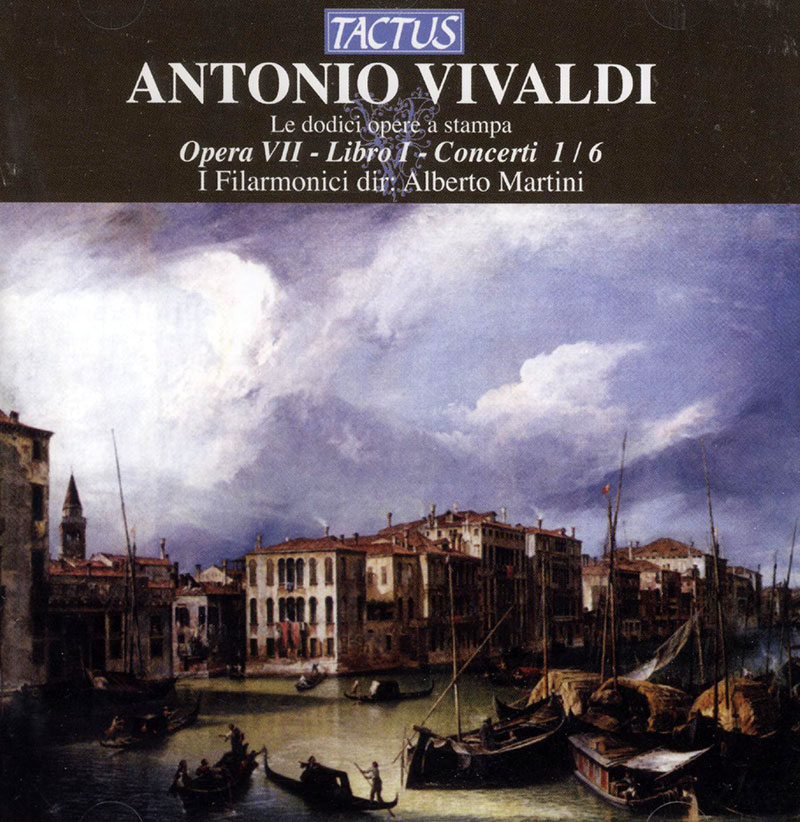
- I Filarmonici - orchestra
- Alberto Martini - conductor
- VIVALDI
"Antonio Lucio Vivaldi Italian pronunciation: [anˈtɔːnjo ˈluːtʃo viˈvaldi] (4 March 1678 – 28 July 1741), nicknamed il Prete Rosso ("The Red Priest") because of his red hair, was an Italian Baroque composer, Catholic priest, and virtuoso violinist, born in Venice. Recognized as one of the greatest Baroque composers, his influence during his lifetime was widespread over Europe. Vivaldi is known mainly for composing instrumental concertos, especially for the violin, as well as sacred choral works and over forty operas. His best known work is a series of violin concertos known as The Four Seasons. Many of his compositions were written for the female music ensemble of the Ospedale della Pietà, a home for abandoned children where Vivaldi had been employed from 1703 to 1715 and from 1723 to 1740. Vivaldi also had some success with stagings of his operas in Venice, Mantua and Vienna. After meeting the Emperor Charles VI, Vivaldi moved to Vienna, hoping for preferment. The Emperor died soon after Vivaldi's arrival. Though Vivaldi's music was well received during his lifetime, it later declined in popularity until its vigorous revival in the first half of the 20th century. Today, Vivaldi ranks among the most popular and widely recorded of Baroque composers."
